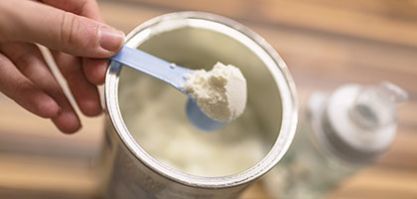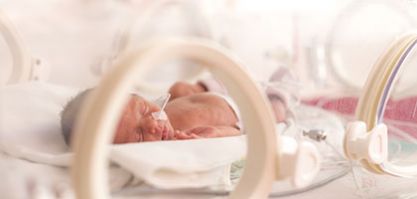Congratulations! After nine months of preparing, you are now a mother.

The learning curve is steep, and the hours of sleep are few - but soon you will find yourself falling into a pattern and feeling comfortable in your new role. This section offers help with some of the things you will experience after delivery.









